Fuel-Producing Fake Plants
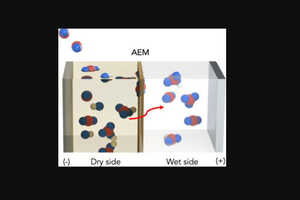
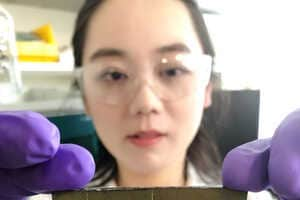
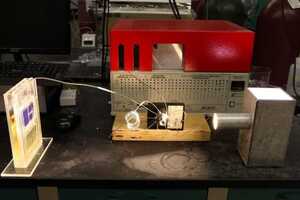
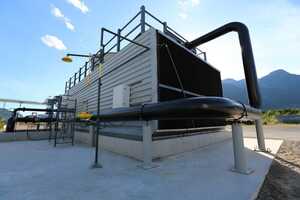
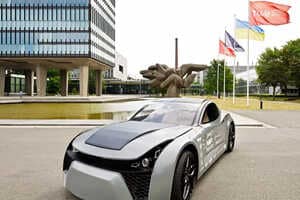
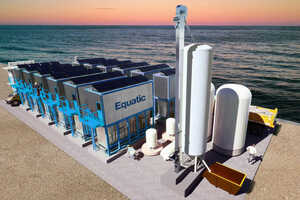
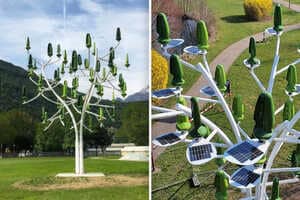
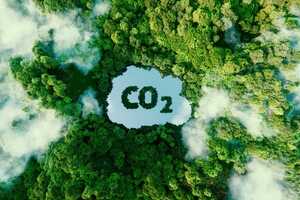


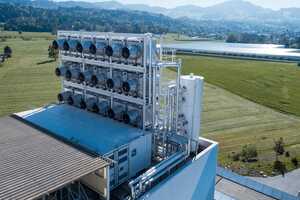










Researchers Created Leaves that Generate Liquid Energy for Vehicles
Colin Smith — October 25, 2024Researchers at the University of Cambridge have developed an innovative technology known as the "artificial leaf," which harnesses the power of sunlight to convert carbon dioxide (CO2) and water into usable liquid fuels. This technology mimics the natural process of photosynthesis, but instead of producing sugars, it generates multicarbon fuels such as ethanol and propanol. These fuels have a high energy density and can be easily stored or transported, making them suitable for use in vehicles and other applications.
The artificial leaf operates by using a green pigment to split water molecules in the presence of sunlight, releasing oxygen and producing energy. This energy is then used to convert CO2 into liquid fuels in a single-step process, eliminating the need for intermediary steps like syngas production. This streamlined approach enhances the practicality and efficiency of the technology, paving the way for a sustainable, zero-carbon emission future.
The development of the artificial leaf represents a significant advancement in the field of renewable energy and carbon capture. By providing a method to directly convert CO2 and water into clean, car-ready liquid fuels, this technology offers a promising solution to reduce greenhouse gas emissions and mitigate climate change. The potential applications of the artificial leaf extend beyond transportation, with possibilities for integrating this technology into various industrial processes to further promote environmental sustainability.



